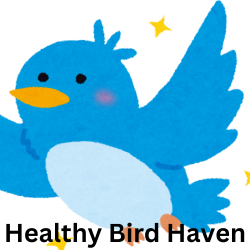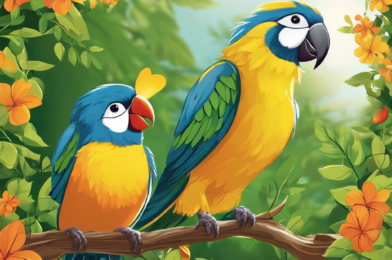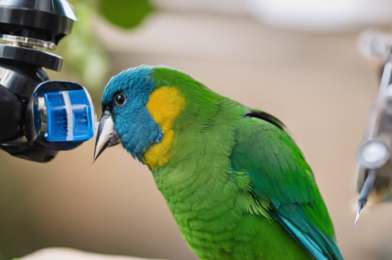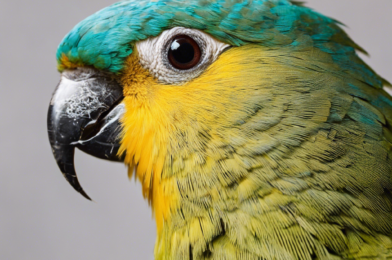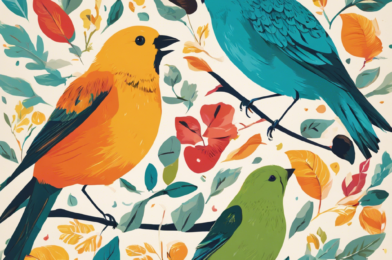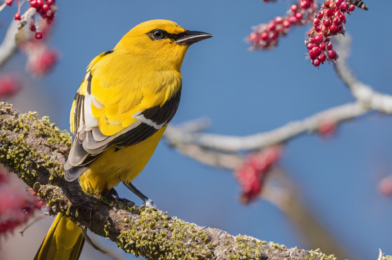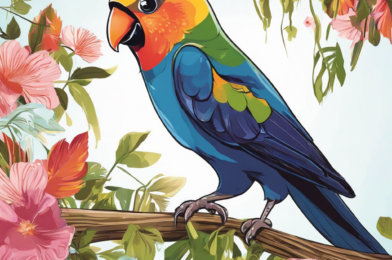Avian, or bird, diseases can have detrimental effects on bird populations and, in some cases, even transmit to other species, including humans. While birds can be carriers of various diseases, many of these illnesses can be prevented through proper care, hygiene, and awareness. Here is a comprehensive look at some of the most common bird diseases and strategies for prevention:
One of the most well-known bird diseases is avian influenza, often referred to as bird flu. This highly contagious disease can affect various bird species and has been known to cause global outbreaks. The virus is usually spread through direct contact with infected birds or their droppings and can result in high mortality rates in domestic poultry. While most strains of avian influenza do not infect humans, certain strains, such as H5N1 and H7N9, have caused concern due to their potential to transmit to humans and cause severe illness. To prevent avian influenza, strict biosecurity measures should be implemented, including isolating new birds, practicing good hygiene, and avoiding contact with wild birds that may carry the disease.
Another common issue in pet birds is respiratory infections, caused by bacteria, viruses, or fungi. Aspergillus, a fungal infection, is a frequent respiratory ailment in birds, often affecting African grey parrots and macaws. It is often caused by inhaling fungal spores from contaminated food or nesting materials. Symptoms include respiratory distress, weight loss, and a suppressed immune system, making the bird susceptible to secondary bacterial infections. Treatment involves antifungal medication and improving the bird’s environment to reduce spore exposure.
Psittacosis, caused by Chlamydia psittaci, is a bacterial infection that affects parrots and parakeets but can also transmit to humans, causing flu-like symptoms. Birds infected with chlamydiosis may not show any signs, but they can still spread the bacteria to other birds and humans through feather dust and droppings. This disease can be prevented by quarantining new birds, practicing good hygiene, and testing for chlamydiosis before introducing new birds to an existing flock. Treatment for infected birds involves antibiotics and supportive care.
Avian polyomavirus (APV) is a significant concern for falconers and owners of birds of prey. This virus primarily affects birds in the falcon family, including gyrfalcons, peregrines, and hybrids, and can lead to sudden death, particularly in young birds. The virus is transmitted through direct contact with infected birds, their feces, or shared grooming tools and equipment. There is no cure for APV, and prevention relies on strict biosecurity measures and vaccinations for susceptible birds.
Avian bornavirus (ABV), which causes proventricular dilatation disease (PDD), is a highly contagious and often fatal disease in parrots and parakeets. The virus attacks the central nervous system and the gastrointestinal tract, leading to weight loss, neurological problems, and eventual death. PDD has a long incubation period, and infected birds may not show symptoms for months or even years, during which time they can still spread the virus to other birds. There is currently no cure for ABV, and prevention relies on maintaining high hygiene standards and testing for the virus when introducing new birds to the flock.
Nutritional deficiencies in birds can lead to a range of health issues, including osteoporosis, a condition characterized by brittle and fragile bones. A diet lacking in calcium, phosphorus, and vitamin D can contribute to this disease, which is more common in smaller birds, such as budgerigars and cockatiels, that have higher metabolic rates. The frequent laying of eggs can further deplete calcium reserves in breeding females, making them more susceptible to osteoporosis. Providing a balanced diet with adequate calcium and vitamin supplementation can help prevent this condition.
Avian gout, or gouty arthritis, is another diet-related condition that occurs when birds consume an excessive amount of protein and/or water-soluble vitamins, particularly vitamin D. The excess vitamin D leads to an increase in calcium and uric acid levels, causing the formation of urate crystals in the joints and kidneys, resulting in lameness and potential kidney failure. Avian gout is commonly seen in birds that are over-supplemented or fed an inappropriate diet high in vitamin D, such as pigeon milk or egg yolk. The treatment involves correcting the diet and providing anti-inflammatory medication to manage pain and inflammation.
Fatty liver syndrome, commonly seen in budgerigars, is a metabolic disorder caused by a diet too high in fat and/or sugar. The excess fat accumulates in the liver, leading to liver dysfunction and potential liver failure. Signs of fatty liver syndrome include weight loss, lethargy, and a yellow-tinged beak, indicating liver problems. Preventing this condition involves providing a balanced diet with appropriate levels of fat and sugar and ensuring regular exercise to maintain a healthy weight.
Avian salmonellosis is a bacterial infection caused by Salmonella bacteria, which can affect a wide range of bird species, including poultry, psittacines, and raptors. Birds infected with salmonella may show signs of diarrhea, weight loss, and dehydration, and they can transmit the bacteria to other birds and humans through their droppings. Strict hygiene measures, including regular cleaning and disinfection of cages, food, and water containers, are crucial to prevent the spread of salmonella.
Avian pox is a viral disease caused by the avian poxvirus, which can affect both captive and wild birds, particularly passerines and raptors. The virus is transmitted through direct contact or indirectly through contaminated surfaces. Birds infected with avian pox develop characteristic wart-like lesions on their unfeathered skin, such as the legs, feet, and around the eyes and beak. These lesions can interfere with eating and breathing, leading to weight loss and, in severe cases, death. Prevention involves vaccinating captive birds and minimizing contact with wild birds that may be carriers.
Trichomoniasis, caused by the protozoan parasite Trichomonas gallinae, is a common disease in birds of prey and other wild bird species. The parasite infects the bird’s upper digestive tract, causing inflammation and lesions in the oral cavity and esophagus. Infected birds may have difficulty eating due to the painful lesions, leading to weight loss and, in severe cases, death. Young birds are particularly susceptible and may die within a few days of infection. Treatment involves administering antiprotozoal drugs, and prevention includes minimizing bird-to-bird transmission by cleaning feeders and water sources regularly.
Last but not least, avian conjunctivitis, or pink eye, is an inflammatory condition of the eye conjunctiva, often caused by bacterial or viral infections. It is highly contagious and can quickly spread through a flock or aviary. Conjunctivitis affects a bird’s vision and can lead to permanent blindness if left untreated. Symptoms include swollen, red, and watery eyes, with a discharge that may crust over and seal the eyelids shut. While it is more common in poultry, all bird species are susceptible. Good hygiene, isolation of infected birds, and prompt treatment with appropriate medications are essential to control and prevent avian conjunctivitis.
In conclusion, bird owners and enthusiasts must be vigilant in their care and awareness of potential diseases that can affect their feathered friends. By implementing proper hygiene, biosecurity, and dietary measures, many of these common bird diseases can be prevented. Additionally, regular veterinary check-ups and testing for certain ailments can help ensure the health and longevity of pet birds and contribute to the well-being of wild bird populations. With responsible stewardship, we can all play a part in safeguarding the vibrant world of avian companions and their wild counterparts.
